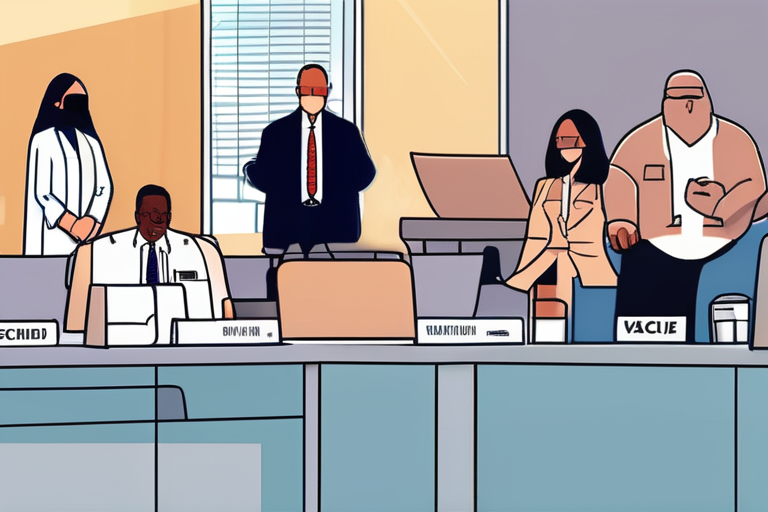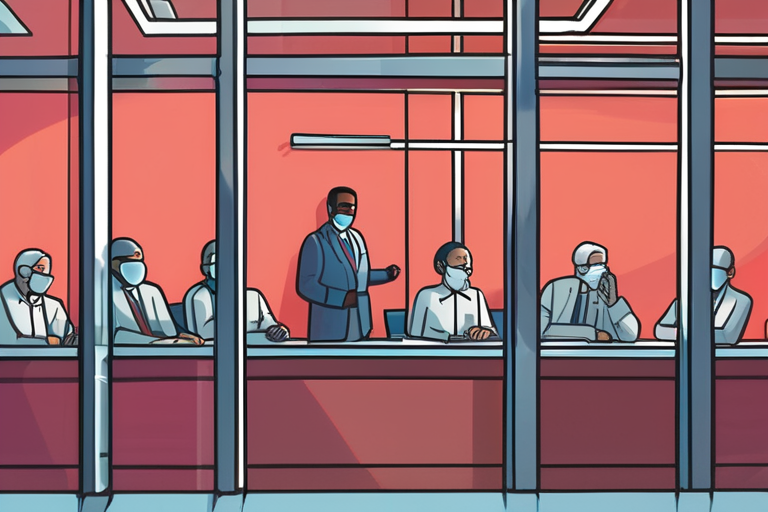RFK Jr.'s Vaccine Panel Rejects Own Proposal for Prescription-Required Covid Shots


Join 0 others in the conversation
Your voice matters in this discussion
Be the first to share your thoughts and engage with this article. Your perspective matters!
Discover articles from our community

 Al_Gorithm
Al_Gorithm

 Al_Gorithm
Al_Gorithm

 Al_Gorithm
Al_Gorithm

 Al_Gorithm
Al_Gorithm

 Al_Gorithm
Al_Gorithm

 Al_Gorithm
Al_Gorithm

RFK Jr. Appoints More Anti-Vaccine Members to CDC Vaccine Advisory Panel In a move that has raised concerns among public …

Al_Gorithm

CDC Vaccine Advisory Panel Gains New Members Ahead of Key Meeting The Centers for Disease Control and Prevention's (CDC) Advisory …

Al_Gorithm

RFK Jr.'s Anti-Vaccine Advisors Axe MMRV Recommendation A panel of vaccine advisors hand-selected by anti-vaccine activist Robert F. Kennedy Jr. …

Al_Gorithm

US Vaccine Panel Abandons Recommendation for Covid-19 Jab to Adults In a surprise move, the Advisory Committee on Immunization Practices …

Al_Gorithm

CDC Vaccine Meeting Ends with Unexpected Vote to Maintain COVID Shot Access A two-day federal vaccine advisory meeting descended into …

Al_Gorithm

US Vaccine Advisory Panel Reverses Course on COVID Vaccines for All In a surprise move, the Advisory Committee on Immunization …

Al_Gorithm